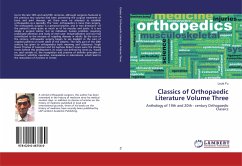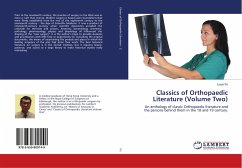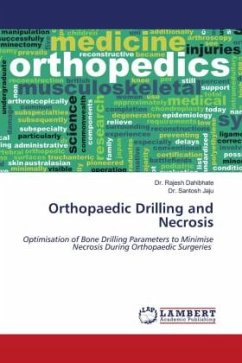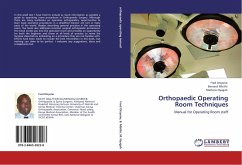Up to the late 18th and early19th centuries, although surgeons featured in the previous two volumes had been pioneering the surgical treatment of bone and joint diseases, yet there were no attempts to establish orthopaedics as a specialty. The 'new' orthopaedics is more than surgery. The orthopaedic surgeon is a personal teacher, and in two directions-of the patient's mind quite as much as of his muscles and joints. It is not simply a surgical matter, but an individual, human problem, requiring prolonged attention and study of each case. Industrialization and war had contributed to the increase of crippling diseases in adults. By the turn of the century, orthopaedic surgery began to see daylight in the care of crippled patients on both sided of the Atlantic. The early part of the 20th century has given to orthopaedics both meaning and substance. Hugh Owen Thomas of Liverpool and his nephew Robert Jones were the driving forces behind this development. Its scope was defined by Jones as, "based on, and consists of, the recognition and practice of definite principles of treatment, whether operative, manipulative or educational, which lead to the restoration of function in nerves.
Bitte wählen Sie Ihr Anliegen aus.
Rechnungen
Retourenschein anfordern
Bestellstatus
Storno








